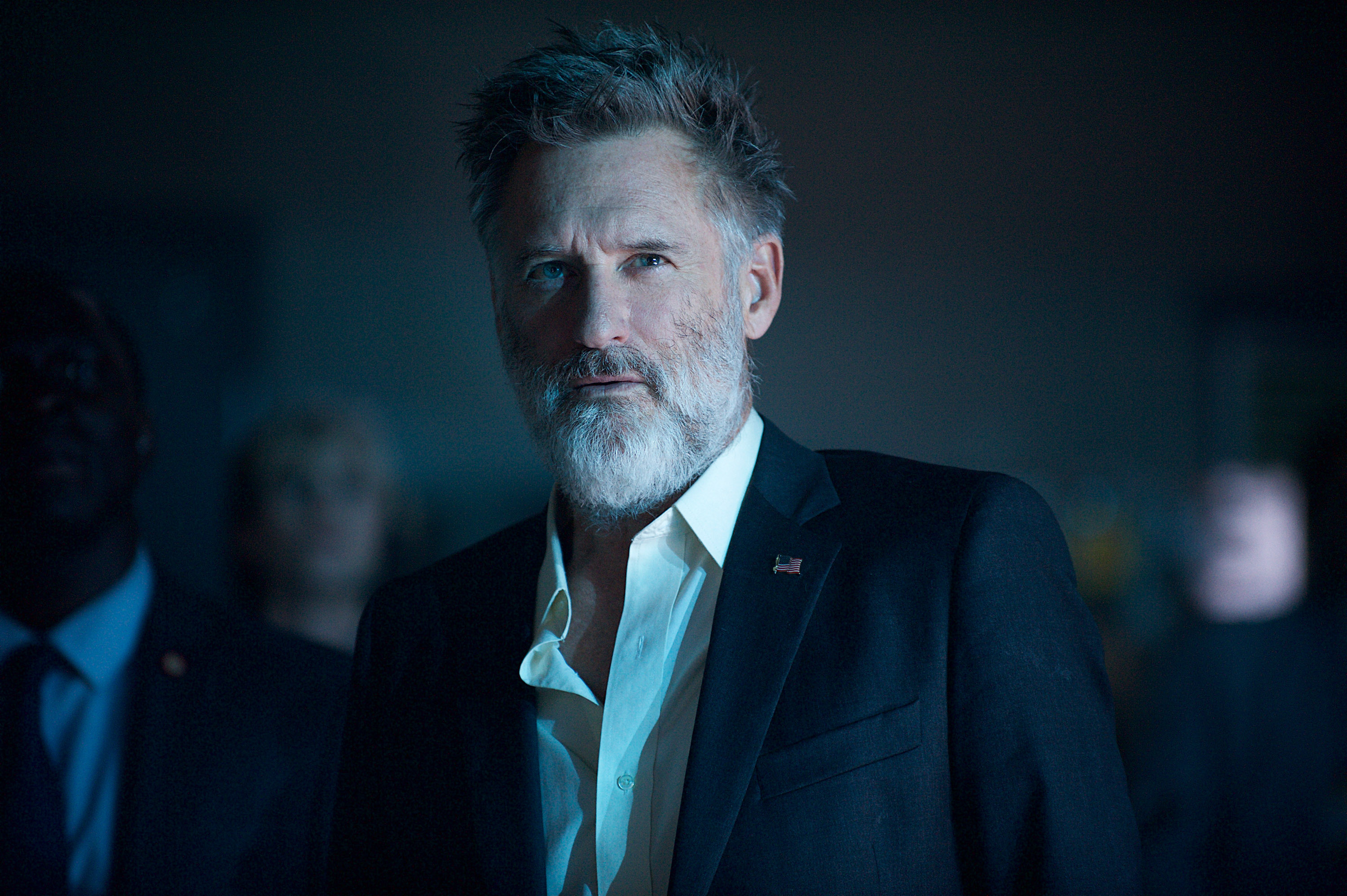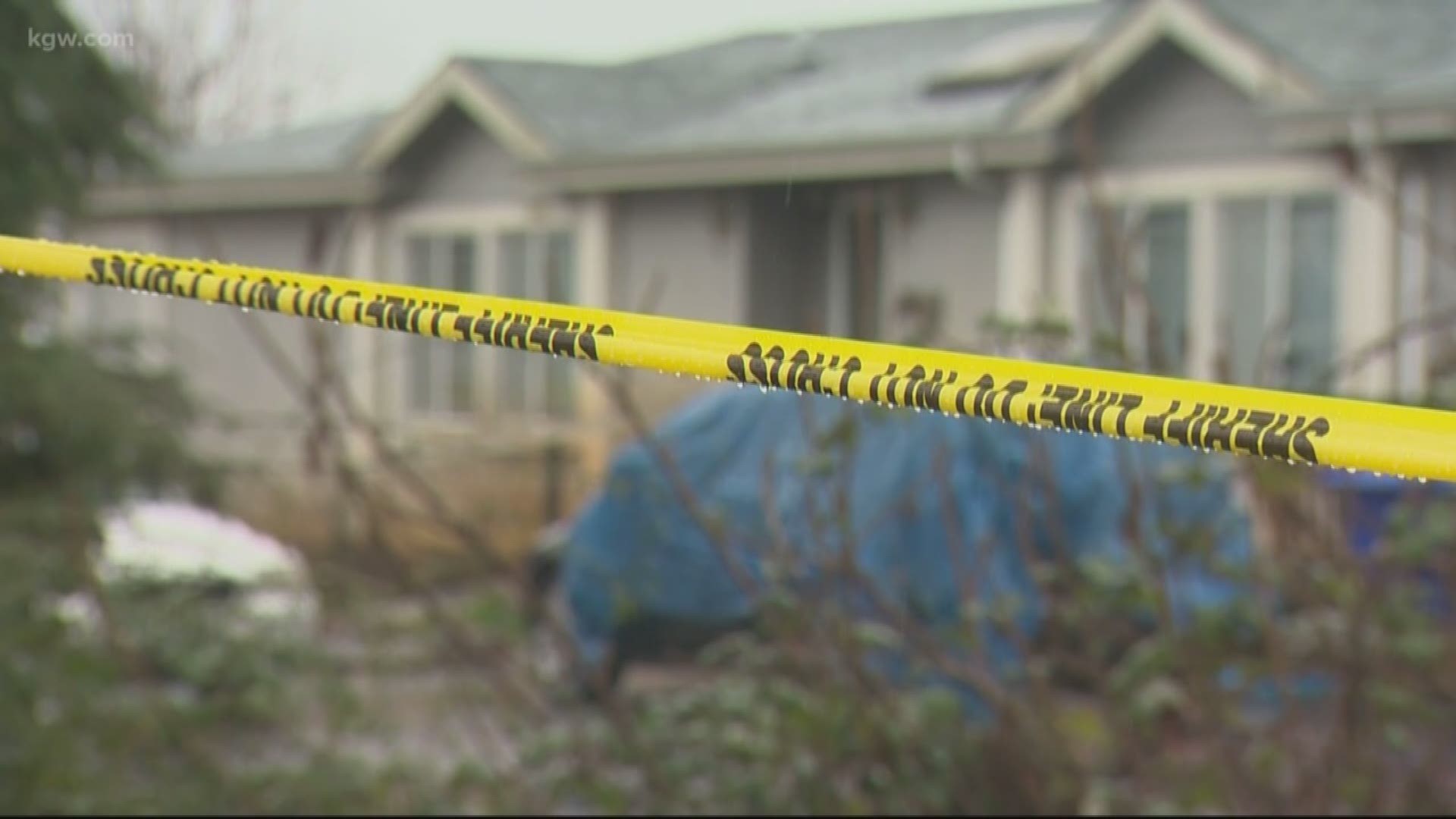Bill Pullman gets recognized for his acting jobs a lot, whether it’s Casper or Spaceballs or While You Were Sleeping.
![Pullman IDR [image : 86241210]](http://www.gannett-cdn.com/-mm-/cb8acdf7b3cb9539d4b8a77503cd4961030e5c9d/c=656-146-2070-1354/local/-/media/2016/06/22/USATODAY/USATODAY/636021921610922595-independence-day-resurgence-DF-08685r-rgb.jpg)
When it comes to his presidential role in Independence Day, though, his words speak louder to fans than his actions.
“People don’t say, ‘You were great in that movie.’ They say, ‘That was a great speech you gave,’ ” says Pullman, who reprises his role as Thomas Whitmore in the sci-fi sequel Independence Day: Resurgence (in theaters Friday).
The Patton-esque pep talk he gives to a ragtag American air force before ultimately taking down the alien mothership in the original 1996 film has become an iconic movie moment. Before he straps into a fighter jet himself, President Whitmore rallies his troops on a memorably tragic July 4: “We’re going to live on! We’re going to survive! Today, we celebrate our Independence Day!”
Adds Pullman: “It’s a very strong iconographic thing.”
![Sela Ward takes the Oval Office in 'Independence Day' sequel [oembed : 86241270] [oembed : 86241270] [oembed : 86241270] [oembed : 86241270] [oembed : 86241270] [oembed : 86241270] [oembed : 86241270] [oembed : 86241270] [oembed : 86241270] [oembed : 86241270] [oembed : 86241270] [oembed : 86241270] [oembed : 86241270] [oembed : 86241270]](/Portals/_default/Skins/PrestoLegacy/CommonCss/images/smartembed.png)
While his character ended the first Independence Day on a high note, the sequel finds him a changed man — and not just in terms of his bushy facial hair.
The former president is feeling the residual effects of being telepathically invaded by an alien in the first film. His daughter (Maika Monroe) gave up a career as an aspiring pilot at Earth Space Defense to take care of him, and Whitmore has turned into a public-relations problem for the sitting commander-in-chief (Sela Ward) and the unified Earth: He’s still considered a hero, but he’s also spouting warnings that the aliens are coming back.
![Watch: Bill Pullman's iconic 'Independence Day' speech [video : 86241336]](http://videos.usatoday.net/Brightcove2/29906170001/2016/06/29906170001_4973134334001_4972426265001-vs.jpg?pubId=29906170001)
“They’re disbelieving him and feel that the information he has isn’t valid, and he’s aware himself that he’s somewhat of an embarrassment,” says Pullman, 62. “He’s trying to hold himself together and be clear, but he’s on the ropes a little bit.”
![Pullman OG Independence Day [image : 86241212]](http://www.gannett-cdn.com/-mm-/434a14b10199c57f336cdd7c9a449096ca92dea7/c=928-263-2059-1230/local/-/media/2016/06/22/USATODAY/USATODAY/636021921744771453-independence-day-20th-anniversary-edition-blu-ray-dvd-2122-rgb.jpg)
With returning characters, director Roland Emmerich's goal was to “see them in a totally different place than in the first one,” the filmmaker says. Pullman’s former POTUS is “a troubled man who’s not himself, really, and finds himself again.”
Pullman gets to mix it up with an alien up close this time, as Whitmore intentionally looks to communicate directly with the enemy. “It was very physical,” the actor says. “You’ve got a tentacle around your neck and it’s taking over your consciousness and it’s speaking through you in a voice that’s not your voice."
![Jeff Goldblum enjoys a brainy 'Resurgence' [oembed : 86241296] [oembed : 86241296] [oembed : 86241296] [oembed : 86241296] [oembed : 86241296] [oembed : 86241296] [oembed : 86241296] [oembed : 86241296] [oembed : 86241296] [oembed : 86241296] [oembed : 86241296] [oembed : 86241296] [oembed : 86241296] [oembed : 86241296]](/Portals/_default/Skins/PrestoLegacy/CommonCss/images/smartembed.png)
He remembers when working on the original Independence Day that Emmerich wanted a president on the think-before-you-act side — less Richard Nixon, more Bill Clinton. Whitmore is derided for not being aggressive enough at first “and he transitions to a more active and very efficient leader of the armed forces,” Pullman says.
That iconic speech, though? Pullman didn’t have a clue it would be so memorable. The filmmakers worried about getting it done — and done well — early in the shoot: The studio was pushing for a more “action movie” title, and Emmerich and screenwriter Dean Devlin wanted to show them how key Independence Day was to the story.
“It was like we had a task within the task,” Pullman recalls. “We had to do a great scene, but we also had to make sure that we landed this title.”
![Trailer: Independence Day Resurgence [video : 77295844]](http://videos.usatoday.net/Brightcove2/29906170001/2015/12/29906170001_4660902870001_video-still-for-video-4660893167001.jpg?pubId=29906170001)


